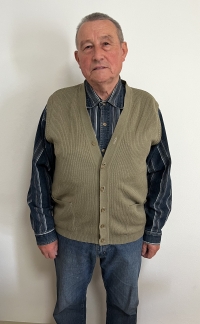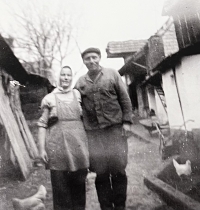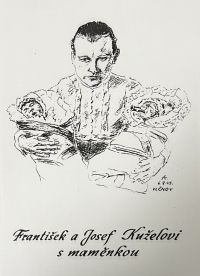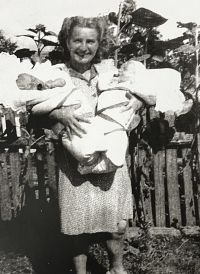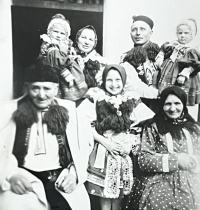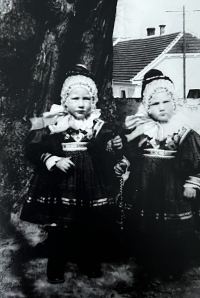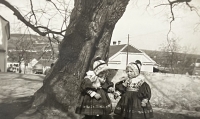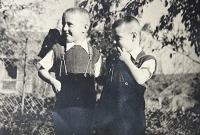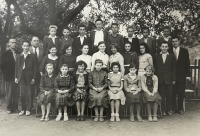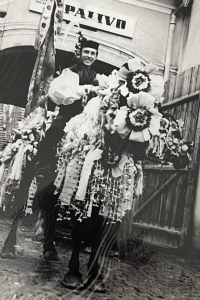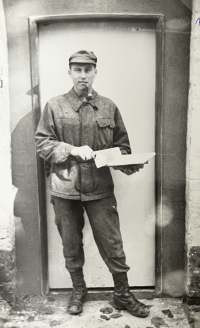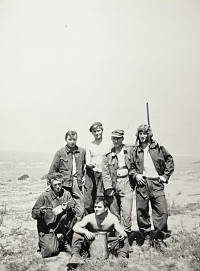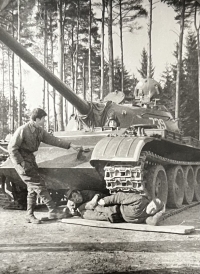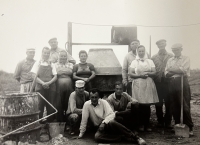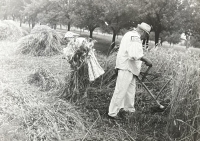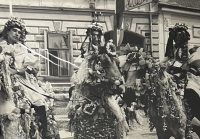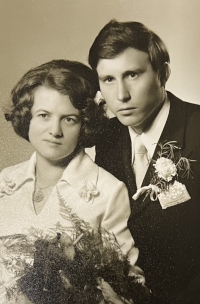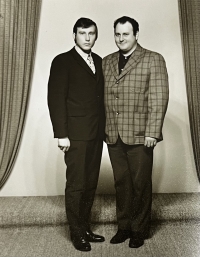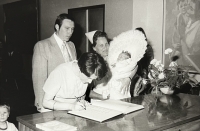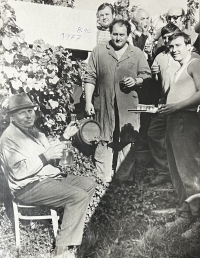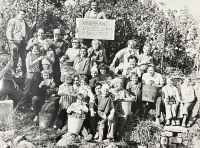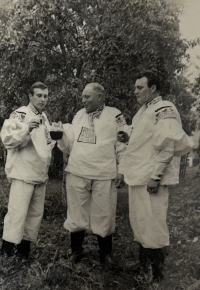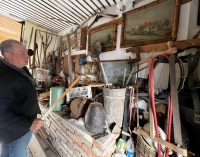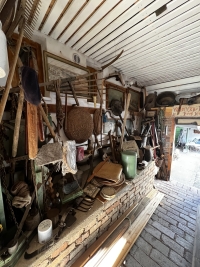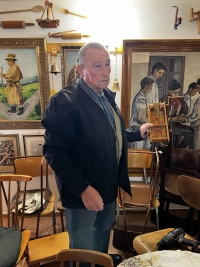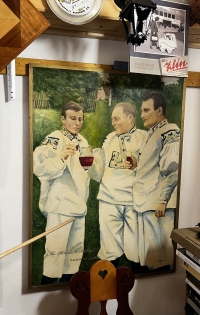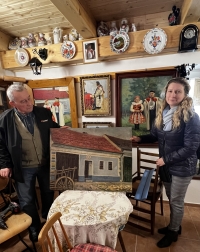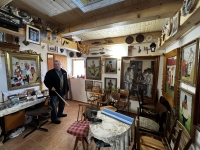A man is rich by what he does for others
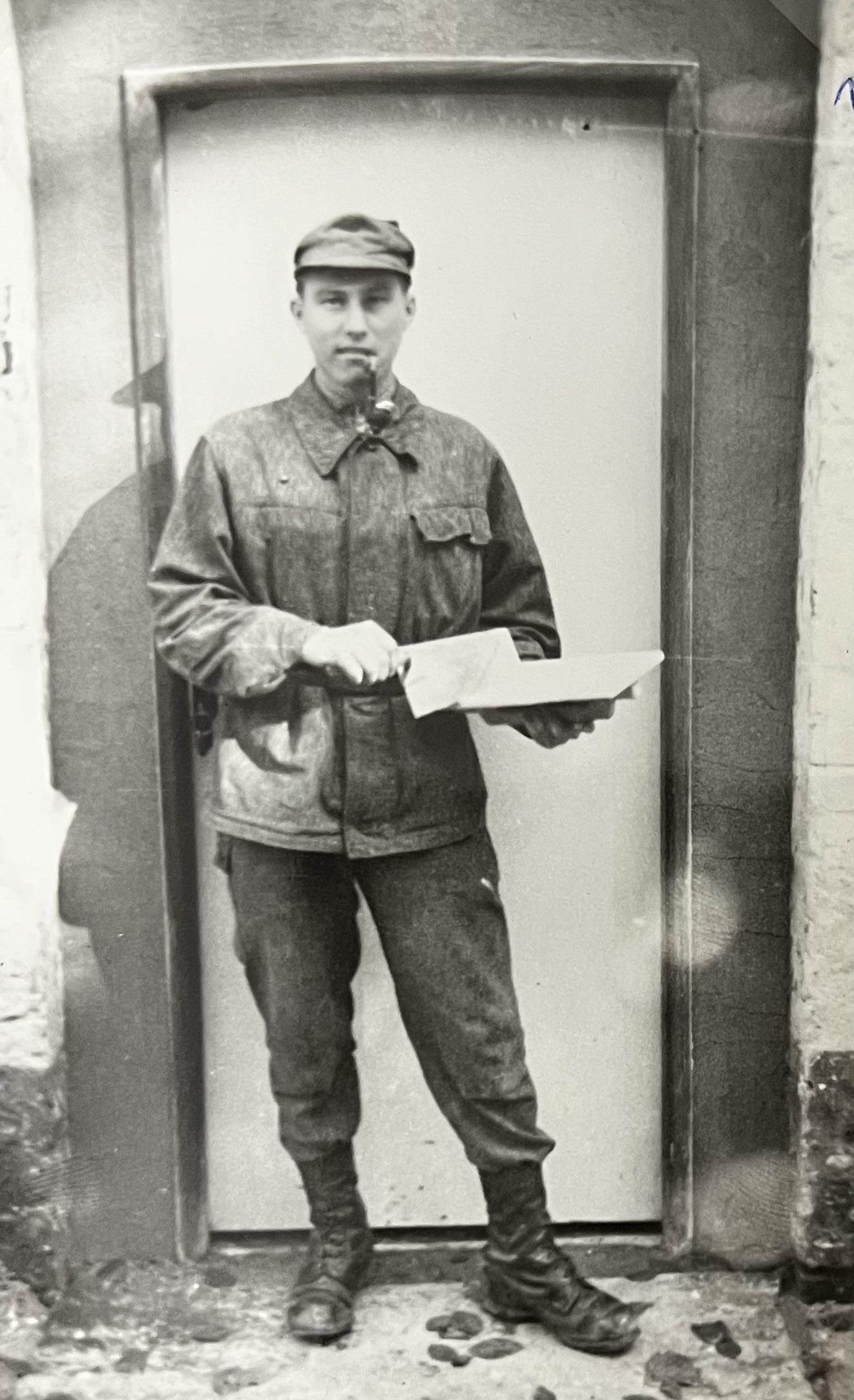
Download image
Josef Kužela was born on April 26, 1945 as the second of twins on the day of the liberation of the village of Vlčnov, at the moment when Romanian soldiers were pushing the German occupiers out of the Vlčnov hills with artillery fire. The doctor who was summoned to the scene spent long minutes nursing the unconscious newborn. The mother was saved after a complicated birth by a Romanian military doctor who happened to find accommodation in their cottage. The family farmed six hectares of fields until the onset of collectivisation. They kept cattle, livestock, grew grain, potatoes, beets, vegetables. Several horses helped them in their work. For a long time, my father resisted persuasion to join a unified agricultural cooperative (JZD). After six years of unfulfilled compulsory levies of farm products, fines, threats of imprisonment and the allocation of five hectares of fallow land, he finally signed the JZD and the family lost everything. They were left with a small field, their mother had to join a cooperative, and their father worked as a bricklayer building farm buildings. Josef Kužela entered the bricklayer’s apprenticeship after the burgher school, later he graduated from the industrial school, completed a two-year pedagogical minimum and after the war he joined the construction industrial school in Gottwaldov as a master of vocational training. His work became a hobby, in his spare time he designed houses and worked as a construction supervisor on many building sites in the region. Josef Kužela’s uncle, Patrik Kužela, a deacon of the Dominican Order, was arrested by the Gestapo during the war, tortured and died a martyr’s death in Auschwitz in 1942.

